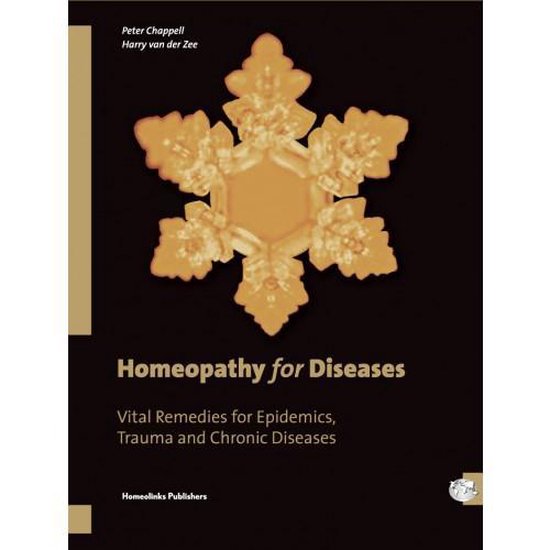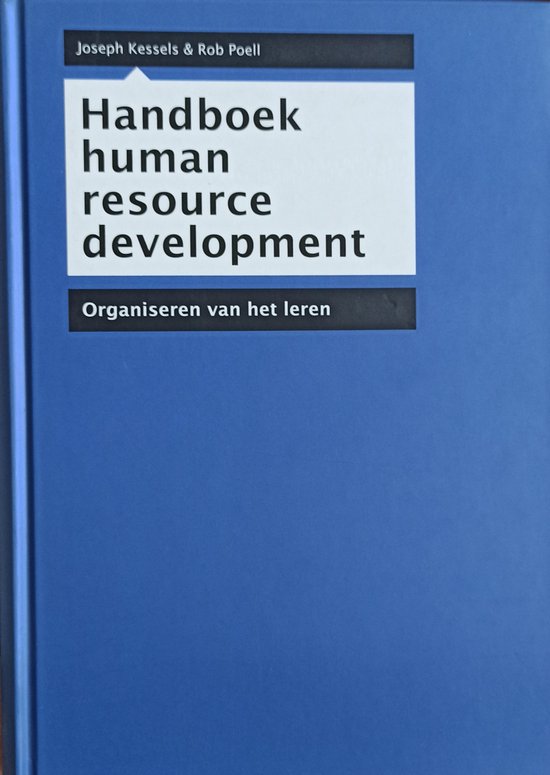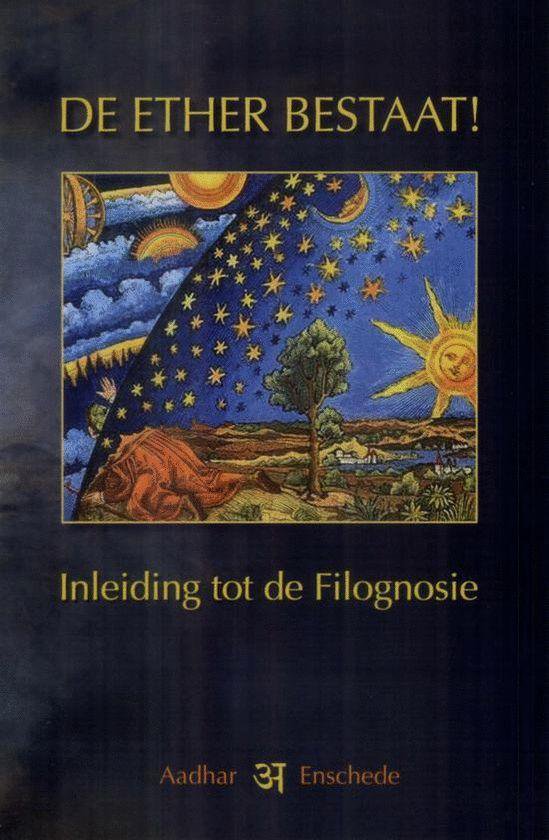
Homeopathy for Diseases
This book is about advances within homeopathic medicine that on the one hand build on two centuries of homeopathic philosophy and practice and on the other hand incorporate modern views and techniques to further improve the success of homeopathy.
The collective nature of suffering on the planet demands that homeopathy looks at the larger picture. This means in practice that the classical individual approach alone is often insufficient. To render consistent and lasting results, collective derangements of the vital force need also to be recognized and addressed.
The authors are long-term classical homeopaths who have been working with the modern epidemic diseases, especially those found in Africa. They have taken the normal homeopathic approach to epidemic diseases genus epidemicus and, using a new approach to making remedies, refined it to one remedy for each disease. This means that, at the level of epidemic diseases, prescriptions will always be accurate as the correct diagnosis indicates the curative remedy. This is a major step forward and makes homeopathy eminently practical in the treatment of serious epidemic diseases.
The authors realized that the as-if-one-person principle also applies to mass traumas that occur on all continents, such as genocide, rape, war, accidents and natural catastrophes. People respond similarly to profound and overwhelming traumas, the effects of which can last for decades and generations, yet these can be resolved rapidly and deeply using trauma remedies specific to the cause. In thousands of cases this genus traumaticus approach proved to be highly effective. The last century saw some of the greatest natural and man-made traumatic events in the history of the human race: such traumas are our inheritance. It becomes ever clearer that many current diseases and dysfunctions originate in these traumas.
In line with the observations of the founder of homeopathy, Samuel Hahnemann, epidemic diseases become one of the major founding forces of chronic diseases. The modem field of epigenetics explains how this works. Realizing this, the authors applied the genus epidemicus principle to chronic diseases such as diabetes and epilepsy: this book documents the results for a wide range of chronic diseases.
Case studies from around the world demonstrate that disease-specific remedies, combined with individualized prescribing, can greatly improve the results in treating chronic diseases.
The theory and practice explained in this book combine the advantages of homeopathy (safe, no sideeffects, low cost, no therapy resistance) with those of allopathy (diagnosis) and thus bridge the gap between the current western medical paradigm and the homeopathic paradigm.
The collective nature of suffering on the planet demands that homeopathy looks at the larger picture. This means in practice that the classical individual approach alone is often insufficient. To render consistent and lasting results, collective derangements of the vital force need also to be recognized and addressed.
The authors are long-term classical homeopaths who have been working with the modern epidemic diseases, especially those found in Africa. They have taken the normal homeopathic approach to epidemic diseases genus epidemicus and, using a new approach to making remedies, refined it to one remedy for each disease. This means that, at the level of epidemic diseases, prescriptions will always be accurate as the correct diagnosis indicates the curative remedy. This is a major step forward and makes homeopathy eminently practical in the treatment of serious epidemic diseases.
The authors realized that the as-if-one-person principle also applies to mass traumas that occur on all continents, such as genocide, rape, war, accidents and natural catastrophes. People respond similarly to profound and overwhelming traumas, the effects of which can last for decades and generations, yet these can be resolved rapidly and deeply using trauma remedies specific to the cause. In thousands of cases this genus traumaticus approach proved to be highly effective. The last century saw some of the greatest natural and man-made traumatic events in the history of the human race: such traumas are our inheritance. It becomes ever clearer that many current diseases and dysfunctions originate in these traumas.
In line with the observations of the founder of homeopathy, Samuel Hahnemann, epidemic diseases become one of the major founding forces of chronic diseases. The modem field of epigenetics explains how this works. Realizing this, the authors applied the genus epidemicus principle to chronic diseases such as diabetes and epilepsy: this book documents the results for a wide range of chronic diseases.
Case studies from around the world demonstrate that disease-specific remedies, combined with individualized prescribing, can greatly improve the results in treating chronic diseases.
The theory and practice explained in this book combine the advantages of homeopathy (safe, no sideeffects, low cost, no therapy resistance) with those of allopathy (diagnosis) and thus bridge the gap between the current western medical paradigm and the homeopathic paradigm.
| Auteur | | Peter Chappell |
| Taal | | Engels |
| Type | | Hardcover |
| Categorie | |




